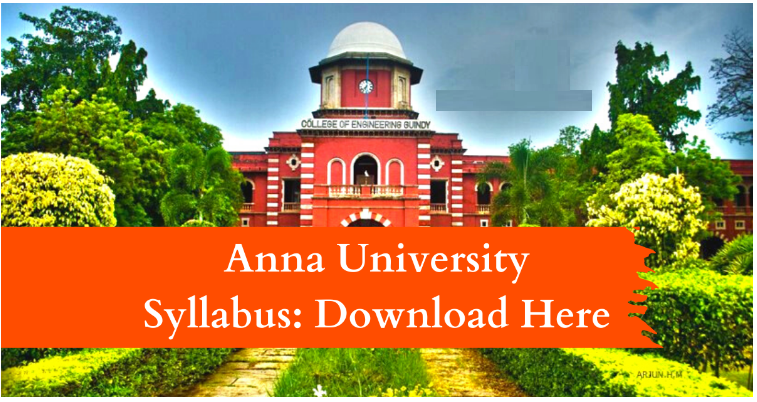COMMUNICATION SYSTEMS LABORATORY
COURSE OBJECTIVES :
- To study the AM & FM Modulation and
- To learn and realize the effects of sampling and
- To understand the PCM & Digital Modulation.
- To Simulate Digital Modulation
- To Implement Equalization Algorithms and Error Control Coding Schemes.
LIST OF EXPERIMENTS
- AM- Modulator and Demodulator
- FM – Modulator and Demodulator
- Pre-Emphasis and De-Emphasis.
- Signal sampling and
- Pulse Code Modulation and Demodulation.
- Pulse Amplitude Modulation and
- Pulse Position Modulation and Demodulation and Pulse Width Modulation and
- Digital Modulation – ASK, PSK,
- Delta Modulation and
- Simulation of ASK, FSK, and BPSK Generation and Detection
- Simulation of DPSK, QPSK and QAM Generation and Detection
- Simulation of Linear Block and Cyclic Error Control coding
TOTAL: 45 PERIODS
COURSE OUTCOMES :
At the end of the laboratory course, the student will be able to understand the:
- Design AM, FM & Digital Modulators for specific
- Compute the sampling frequency for digital modulation.
- Simulate & validate the various functional modules of Communication
- Demonstrate their knowledge in base band signaling schemes through implementation of digital modulation
- Apply various channel coding schemes & demonstrate their capabilities towards the improvement of the noise performance of Communication
LAB REQUIREMENTS :
- Trainer Kits for AM, FM, Signal Sampling, TDM, PCM, PAM, PPM,PWM, DM and Line Coding
- Trainer Kits for ASK, FSK and PSK.
- CRO/DSO (30 MHz) – 15
- Signal Generators / Function Generators (3 MHz) – 15
- MATLAB or equivalent opensource software package for simulation
- PCs – 15
Click Here to Download Question Paper- Apr/May 2017
Click Here to Download Question Paper- Apr/May 2018
Click Here to Download Question Paper- Nov/Dec 2017
Click Here to Download Anna University Syllabus
Anna University Syllabus Regulation 21 (Sem-2)CIRCUIT ANALYSIS
Anna University Syllabus Regulation 21 (Sem-2)BASIC ELECTRICAL AND INSTRUMENTATION ENGINEERING
Anna University Syllabus Regulation 21 (ECE Sem-2) Physics
Anna University Syllabus Regulation 21 (Sem-2) Mathematics-2
Anna University Syllabus Regulation 21 (Sem-2) English
Do You want International Scholarship? To Know more about the scholarship : Click Here
Are you a fresher and looking for Job? To know more about the Job Openings: Click Here
Click to Download Other ECE Materials: CLICK HERE
Click to Download Other CSE Materials: CLICK HERE
Click to Download MECH Materials: CLICK HERE
